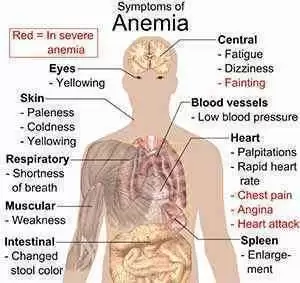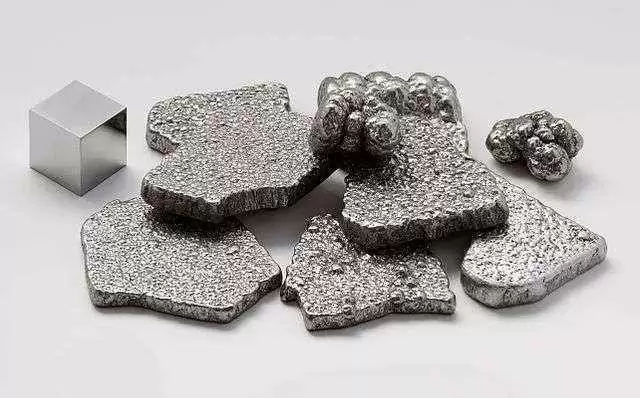
Celiac.com 06/09/2014 - Anemia is extremely common in patients with celiac disease. In some cases, anemia may be the sole manifestation of celiac disease, but there is no good data on rates of celiac disease in Indian patients with nutritional anemia. A research team recently examined rates of celiac disease among nutritional anemia patients at a care center in India. The team included A. Kavimandan, M. Sharma, A.K. Verma, P. Das, P. Mishra, S. Sinha, A. Mohan, V. Sreenivas, S. Datta Gupta, and G.K. Makharia.
For their study, the team conducted positive celiac disease screens on adolescent and adult patients presenting with nutritional anemia. They also prospectively screened for celiac disease using IgA anti-tissue transglutaminase antibody (anti-tTG Ab). Subjects with positive antibody screens received upper gastrointestinal endoscopy and duodenal biopsy.
Celiac.com Sponsor (A12):
In all, the team screened ninety-six patients. Of these patients, 80 had iron deficiency anemia, 11 had megaloblastic anemia, and 5 had dimorphic anemia. Seventy-three patients were receiving hematinics and 36.4 % had received blood transfusions. Nineteen patients had histories of chronic diarrhea persisting for an average of about ten years. Of those, the team found 13 patients with positive IgA anti-tTG Ab screens, 12 of whom agreed to duodenal biopsy.
Ten patients showed villous atrophy (Marsh grade 3a in three, 3b in one, and 3c in six), while two patients showed no villous atrophy. In all, ten patients with nutritional anemia, defined as iron deficiency 9, vitamin B12 deficiency 1, were also diagnosed with celiac disease.
Multivariate logistic regression showed age, duration of symptoms, and presence of diarrhea to be the main predictors of celiac disease. The team put all patients with celiac disease on gluten-free diet, supplemented with iron and vitamin B. All patients showed significant improvement in hemoglobin concentration.
The team recommends celiac disease screening, and appropriate follow-up in all cases of unexplained nutritional anemia.
Source:
- Open Original Shared Link







Recommended Comments
Create an account or sign in to comment
You need to be a member in order to leave a comment
Create an account
Sign up for a new account in our community. It's easy!
Register a new accountSign in
Already have an account? Sign in here.
Sign In Now